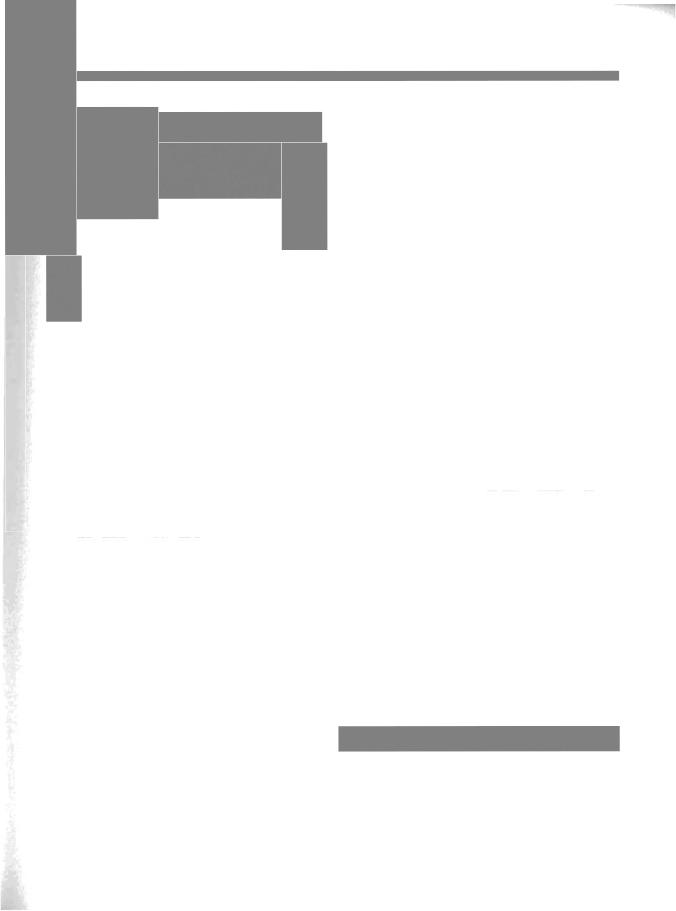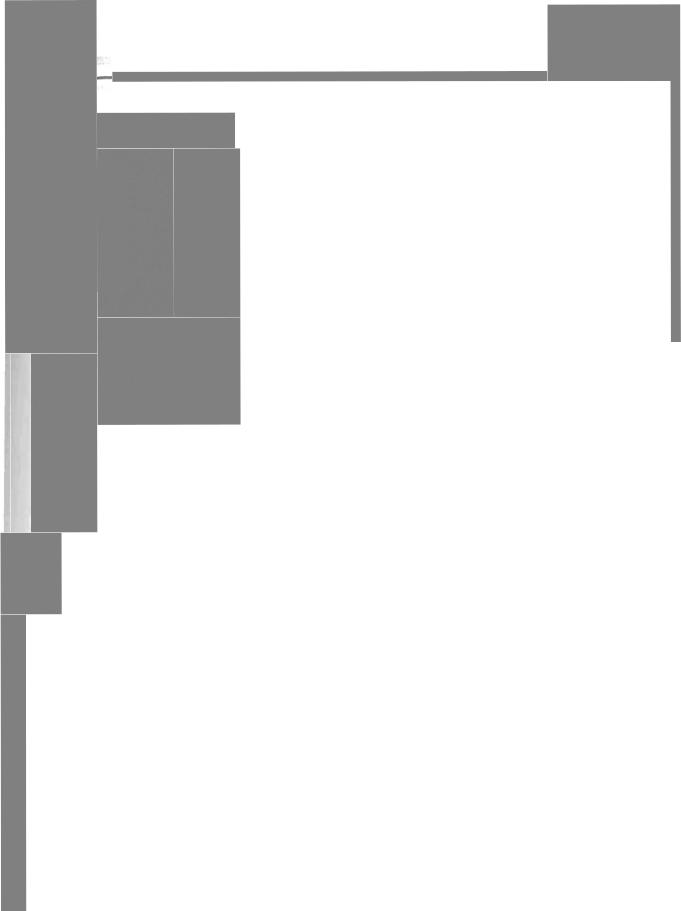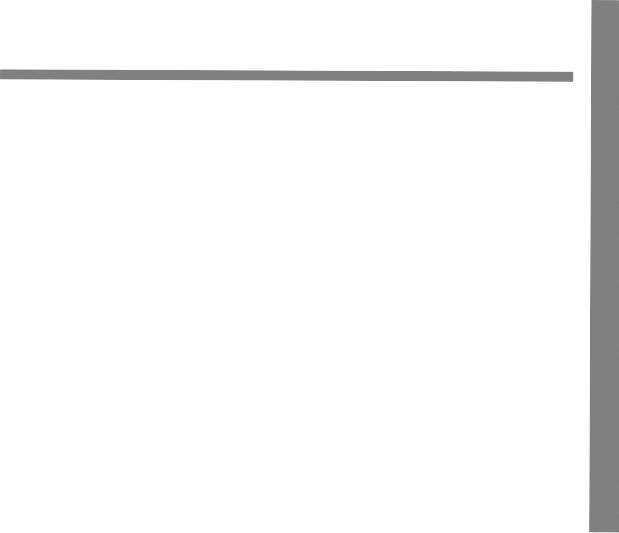
Stella_Cottrell_Critical_Thinking_Skills_Deve
.pdf

Summative and logical conclusions
It is important to note the difference between a summative conclusion, and a logical conclusion.
Summative conclusions
Summative conclusions are simply conclusions that draw together previous information into a shorter overall summary. For example, if a text presents two main points of view, a summative conclusion would give a short synopsis of these. Summative conclusions tend t o draw a piece of writing or debate to a close, without making a judgement, as in the example below.
What causes stomach ulcers?
It used to be assumed that stomach ulcers occurred as a result of stress. People who worked too hard or worried too much were assumed to produce excess stomach acid which would, in turn, cause ulcers. Many still hold this view. On the other hand, research has indicated that 70 per cent of stomach ulcers could be caused by the bacterium H. Pylori, which changes the stomach lining so that it is more vulnerable to the effects of stomach acid. This bacterial infection can be treated with antibiotics, rather than forcing the patient to reduce his or her stress levels. Hence, whilst some believe that stomach ulcers are caused by stress, others now believe that they are caused by infection.
In Example 1,the conclusion is in the last sentence and simply summarises what has gone before. In this instance, the author states the two opposing points of view, and does not use the evidence to draw a logical conclusion about which is the most likely explanation for stomach ulcers. As this example does not have a logical conclusion, it is not an example of an argument. This is an example of a summary with a conclusion.
Logical conclusions
A logical conclusion is a deduction based o n reasons. It is more than simply a summary of the arguments or the evidence. It will include one or more judgements, drawn from an analysis of the reasons given.
How can we predict when volcanoes will erupt?
Predicting volcano eruption is not an exact science. Monitoring summit activity often cannot help us predict flank activity such as eruptions down the sides of the volcano. Scientists monitoring Mount Etna in Sicily thought they had established a link whereby such flank activity was preceded by summit activity for a period of a few months. However, in 1995 summit activity began but there was not a flank eruption for a further six years. They decided Etna's eruptive cycle was more complicated than they had first thought in terms of the relationship between summit and flank activity. This may be true of other volcanoes too. Consequently, a period of summit activity cannot necessarily be used as a predictor for flank activity.
In Example 2, the conclusion is signalled by the word 'consequently'. The author deducts a conclusion from the reasons, so this is an example of an argument. The conclusion is that when the summit of a volcano shows a lot of activity, this does not necessarily mean that lava will start pouring down the side of the volcano. This is clearly based o n a judgement that the recent research on Etna undermines earlier research which had suggested a closer link between its flank and summit activity.
74 |
Critical Thinking Skills |
0 SteUa Cottrell (ZOOS), Critical T/~inkiitgSkills, |
Palgrave Macmillan Ltd






Answers to activities in Chapter 5 (continued)
arguments to show why the other 92 per cent is really at risk of disappearing.
Passage 5.8
The answer is B: inconsistent. The author argues that before Columbus, 'everyone believed the world was flat'. However, several examples are given of people who didn't believe the world was flat. It is not unusual for people to include this sort of inconsistencyin their arguments. People often repeat a commonly held belief, such as that the medieval church believed the world was flat, without noticing that they are citing contradictory evidence. To be consistent, the author could argue that Columbus was courageous on other grounds than that of other people's belief in a flat earth. For example, it could be argued that he was courageous to persist with the voyage when the distances involved, and consequences of these, were not known.
Logical consistency (p. 68)
Passage 5.9
B: This is not logically consistent. It does not follow logically that because some animals can survive without light, all animals can do so.
Passage 5.7 0
B: This is not logically consistent. The reasons given do not support the conclusion that the number of accidents will rise over the next year.
Passage 5.72
A: This is logically consistent. The igneous rock could only cut across the layers of sediment if they were already there. They must be older, and the igneous rocks more recent.
Passage 5.73
B: This is not logically consistent. It may be true that it is impossible to find a place of absolute silence but that does not mean noise pollution is increasing. Noise levels may be the same as in previous times but with different causes: we cannot tell from the arguments presented.
Passage 5.74
B: This is not logically consistent. The conclusion is that computers will one day be able to out-perform humans at everything. However, the author has argued that computers lack the qualities needed for empathy. This contradicts the idea of computers being better at 'everything'.
Independent and joint reasons (P* 70)
Passage 5.75
Joint reasons. The reasons are mutually supporting of the rights and responsibilities of young people.
Passage 5.7 7
B: This is not logically consistent. A more logical conclusion from the reasons given is that more status should be given to subjects such as sports, media and popular culture. If a subject's low status follows the social class of the students, then if the students change subject, the status of the subject they take might fall, perpetuating the same problems.
80 Critical Thinking Skills
Passage 5.76
Independent reasons. The reasons given concern the environment (litter), value (few discoveries for the number of expeditions taken), economics (effect on local economy), and safety.
Passage 5.77
Independent reasons. Lying is defended on the basis of different arguments: (a) the truth hurts;
O Stella Cottrell (2005), Critical TlzinkblgSkills,
Palgrave Macmillan Ltd


Answers to activities in Chapter 5 (continued)
stil l people. Therefore, slapping a child should also count as legal assault.
In this case, in order to argue that slapping a child should count as a legal assault, the author has first to establish that:
(1)slapping should always count as legal assault;
(2)children should count as people.
Passage 5.23
Many people speak out in discussion too quickly because they are anxious about leaving a silence. When questioned, people often acknowledge that they spoke early in order to ensure there was no gap in the discussion. They are not used to silences in conversation and don't know howto manage them skilfully. They can find silences in discussion to be unnerving and embarrassing. However, silence can be productive. First of all, it allows time for reflection so that speakers can construct a more considered and accurate response, making a more useful contribution to the debate. Secondly, it gives more people the opportunity to speak first. For more productive discussions, we need to be skilled in managing silences.
The author has to establish two interim conclusions that can be used as reasons or arguments in their own right:
The reason people speak too early is because they don't know how to manage silence. Silence can be productive in improving discussion.
(1)The reason people speak too early is because they don't know how to manage silence. If this can be established, then it supports the conclusion that skilful management of silence will improve discussion. The author establishes the interim conclusion by (a) citing people's own acknowledgements that this is accurate; and @) giving the reason that people are not used to silences in
82 Critical Thinking Skills
conversation so cannot manage them skilfully.
(2)Silence can improve discussion. The author does this by offering two independent reasons: (a) silences allow thinking time so that responses are better constructed;
@) more people get a chance to speak first.
Summative and logical conclusions (p. 75)
Passage 5.24
Logical conclusion. The author weighs two different sets of arguments and draws, or deducts, a conclusion that the environment is more influential than genes in forming criminal behaviour, so the passage forms an argument.
Passaae 5.25
-I
Summative conclusion. The author summarises two positions but does not draw a conclusion about whether reality shows are good for television or not. As there is not a logical conclusion based on the reasons, this is not an argument.
Passage 5.26
Logical conclusion. The author makes a judgement about the level of costs that would be borne by banks if debts in developing countries were cancelled. This conclusion is deduced from the reasons, so this passage constitutes an argument.
Passage 5.27
Summative conclusion. The author merely summarises two points of view without making a judgement about whether organic food tastes better. There isn't a logical conclusion based on reasons so this is not an argument.
0 Stella Cottrell (ZOOS), Critical Tliinkirzg Skills,
Palgrave Macmillan Ltd
